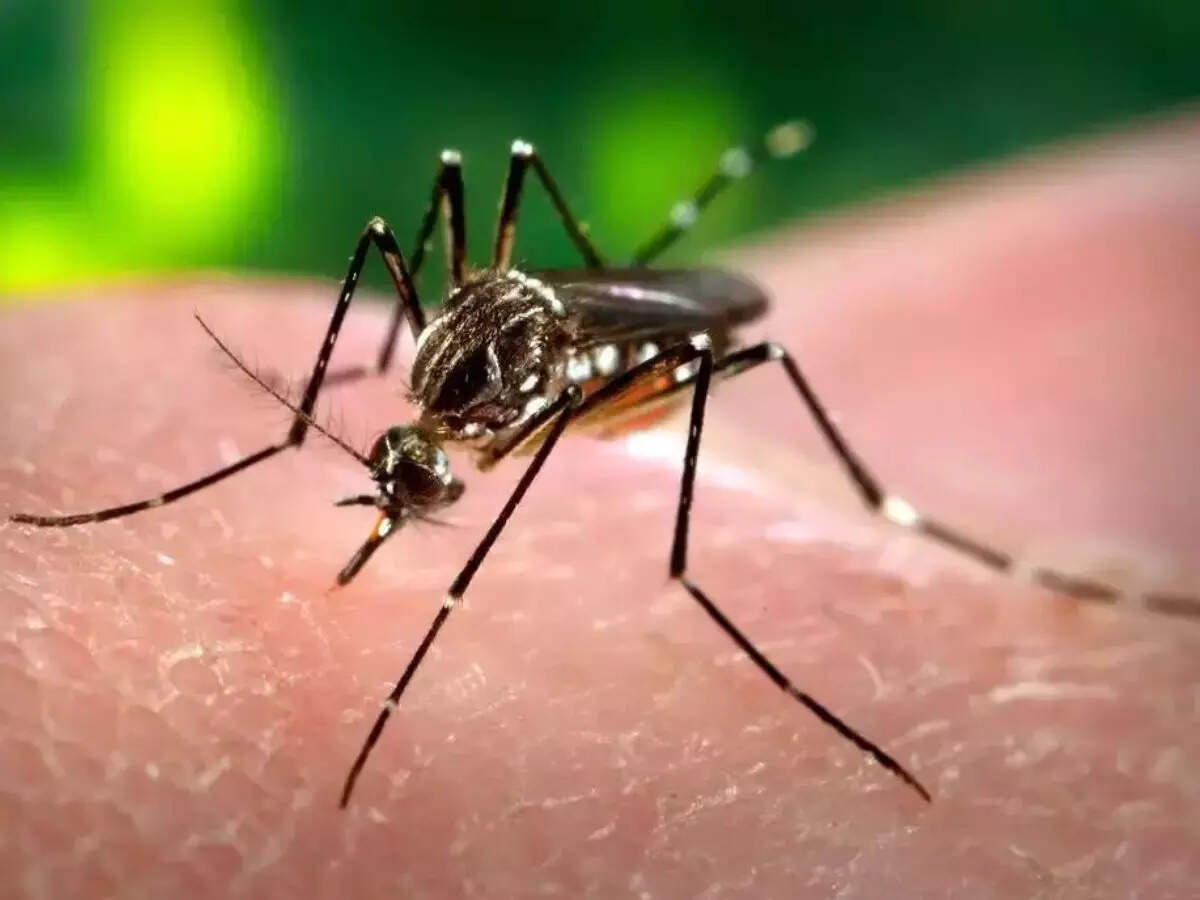- Policy
- 2 min read
Government increases dengue tests by 2.5 times more than last year
The chief secretary and health secretary have already instructed all line departments to spread awareness mainly in schools, communities, and Anganwadi Centres, and to play their role in true spirit to control the spread of dengue and other water and vector-borne diseases.
Last year, by August 5, the state had collected 20,000 samples for dengue testing, but this number has increased to more than 50,000 this time. Nilakantha Mishra, director of public health, said the dengue situation in Odisha was under control.
“The state had reported around 1,000 dengue cases by August last year. Only 200 more cases have been reported this time compared to last year after increasing the dengue testing. We had collected 329 samples on Sunday for dengue testing, but only 18 cases in the state tested positive for dengue,” said Mishra.
He said the department is taking all necessary steps, including awareness drives, reduction in breeding sources of mosquitoes, and disease surveillance, to reduce the dengue cases in the state. “We have also kept an eye on malaria cases too. Sporadic cases of malaria are being reported. It will be reduced too,” he added.
The chief secretary and health secretary have already instructed all line departments to spread awareness mainly in schools, communities, and Anganwadi Centres, and to play their role in true spirit to control the spread of dengue and other water and vector-borne diseases.
On July 30, health secretary Shalini Pandit had directed chief district medical and public health officers, the authorities of medical colleges, and major hospitals across the state to keep adequate units of platelets in the blood banks.
“Dengue fever cases are expected to rise during the monsoon and post-monsoon period, especially in urban and peri-urban areas. Considering the situation, we need to gear up with preparations of adequate units of platelets in the blood centres. Care must be taken to prevent a complete stock-out situation,” said Pandit in the letter.
Public health experts said people should destroy breeding places of Aedes mosquitoes that transmit the dengue virus. “People residing in the cities and their peripheries should know that more mosquitoes grow inside their houses compared to outside. They should clean the breeding sources regularly,” said a health official.
In view of this, the Bhubaneswar Municipal Corporation (BMC) has taken self-declarations from residents in which they must declare that they have freed their internal spaces from mosquito breeding sources.



COMMENTS
All Comments
By commenting, you agree to the Prohibited Content Policy
PostBy commenting, you agree to the Prohibited Content Policy
PostFind this Comment Offensive?
Choose your reason below and click on the submit button. This will alert our moderators to take actions